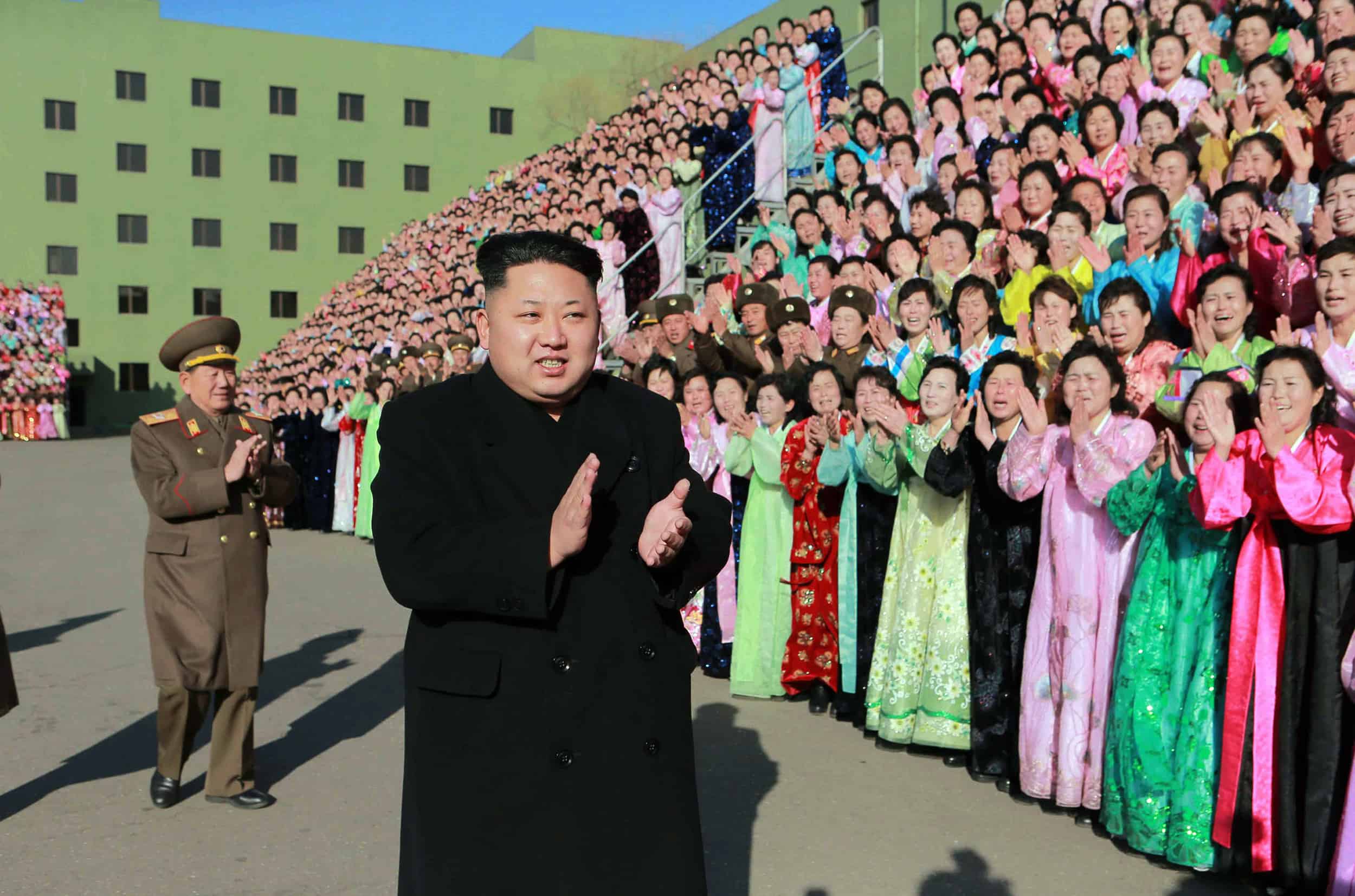Officials in Moscow confirmed Friday that North Korean despot Kim Jong Un may attend ceremonies next year commemorating the 70th anniversary of the end of World War II. It would be Kim’s first public foreign visit since coming to power in December 2011.
“Yes, such an invitation was sent,” confirmed Dmitry Peskov, a Kremlin spokesman, speaking to Reuters.
The news comes at a particularly conspicuous moment. On Friday, U.S. federal investigators accused North Korea of being behind the hacking attack on Sony Pictures Entertainment. An escalation of cyber threats has compelled Sony to cancel the release of “The Interview,” a controversial comedy starring Seth Rogen and James Franco that depicts the two being sent on a mission to assassinate Kim.
The film’s plot riled Pyongyang — and, leaked e-mails revealed, Sony executives — and instigated one of the strangest geopolitical spats of the year, with many in the United States reacting angrily to Sony’s acquiescence in the face of North Korean “terror.”
Meanwhile, Putin has also been in the spotlight. On Thursday, he held a defiant three-hour-long year-end news conference, where he inveighed against the “external” forces that had conspired to undermine Russia’s economy. Sanctions imposed by the West, a slide in oil prices and a free-falling ruble have all made the end of 2014 a gloomy time for the Russian president.
But his invitation to Kim is not just meant as a rebuke of the U.S. and its allies. During the Cold War, the Soviet Union helped prop up the totalitarian regime in Pyongyang. Now Russia needs North Korean cooperation in its bid to build a pipeline that would boost gas exports to South Korea, Reuters reports. As is often the case in Moscow, energy policy usually outweighs other imperatives.
Russia celebrates the Soviet Union’s victory in World War II annually on May 9. This year, Putin marked the occasion in Crimea — the Black Sea region that had controversially been annexed from Ukraine just months before. Standing at the historic and strategic port of Sevastopol, Putin spoke at length of the Russian glory and sacrifice that inextricably bound Crimea to Moscow.
His ironclad nationalist rhetoric set the stage for the rest of the year. A pro-Russian separatist rebellion in eastern Ukraine has led to thousands of deaths and deepened tensions between Russia and the West. Given that precedent, the presence of Kim among other dignitaries of the post-Soviet world could perhaps be less controversial.
© 2014, The Washington Post






